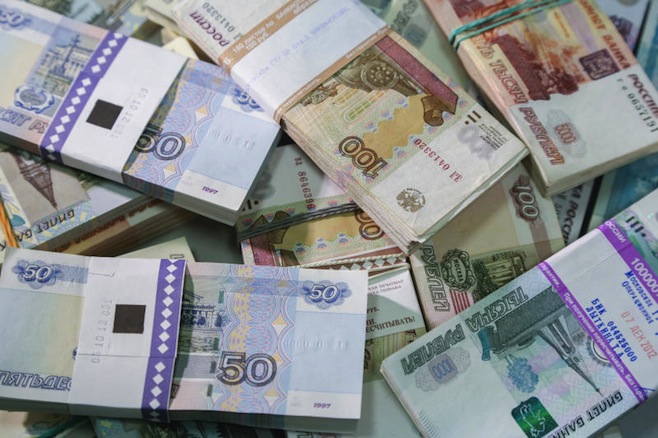Russia’s business climate is changing as young managers and entrepreneurs are taking over from Soviet-era businessmen, Bill Conerly the founder and CEO of Conerly Consulting, writes in an article for Forbes after visiting Moscow.
According to Conerly, the change in attitudes in the business community affects many facets of the country and constitutes the best argument for an opportunity in Russia.
“The communist era is not completely gone, but it’s certainly going away. One Westerner who travels regularly to Russia told me, as an example, that the passport control officials used to be rude, but now are friendly and courteous. I told him that one surly official remained, based on my personal experience. But I generally found helpful, friendly people in Moscow, and I heard that attitudes were similar in other cities,” Conerly writes.
Another executive the expert spoke with noted the emphasis on efficiency, ridding companies of deadwood. The implication is that if you need services or products for your Russian office, you will be able to find them at a competitive price.
“Customer service has been dialed up in many ways. The woman who ran human resources for the World Cup explained, at a panel discussion I watched, how 20,000 volunteers had been trained in customer service, along with all the concession employees at the stadiums. Those employees will retain at least some of that training in the years to come, setting higher standards for customer service than previously were expected,” Conerly writes, also noting that Russia’s workforce is very well educated, second only to Canada for the highest percentage of population with post-high school education, according to OECD statistics.
“Business seems to be based on traditional competition over price and quality rather than political support, but worries persist. One high tech entrepreneur in Russia who also works globally thinks that the smart Russian programmers hesitate to locate their start-ups in Russia because intellectual property can easily be seized by politically-connected competitors,” the analyst wrote.












